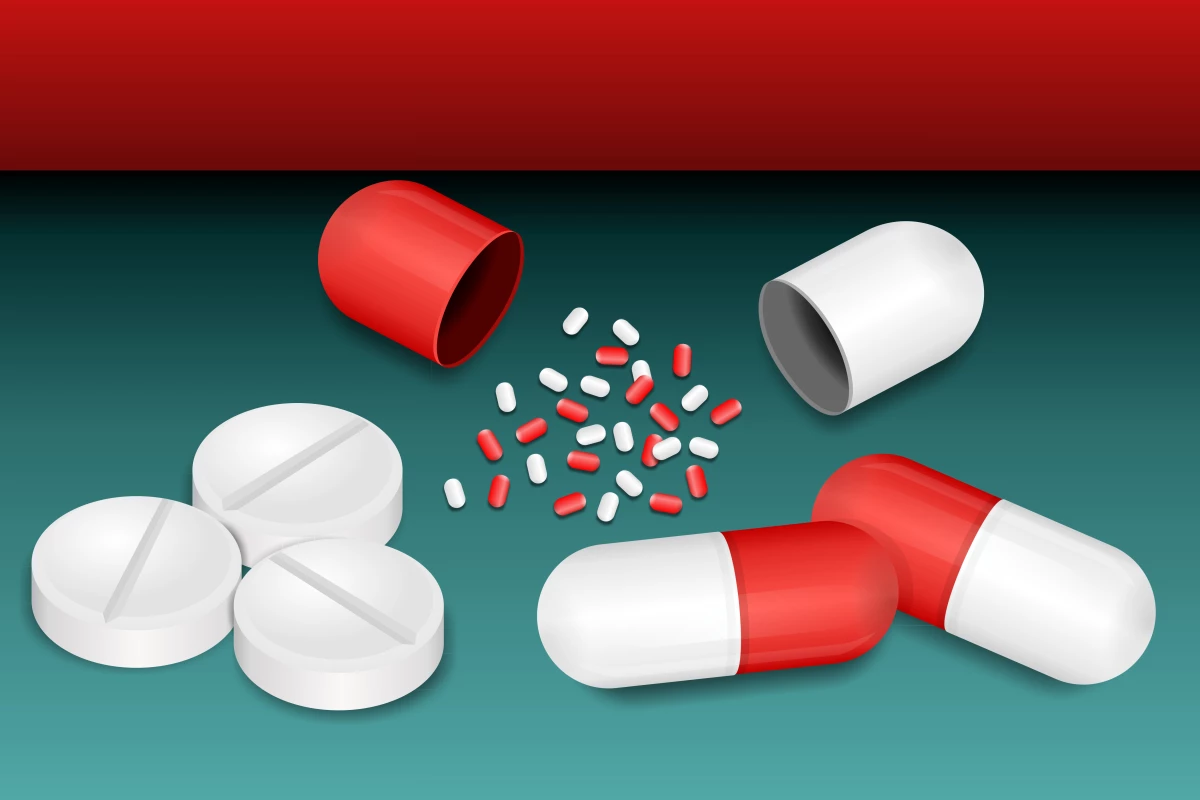Results have been published from a large Phase 3 clinical trial testing a unique hypertension treatment that combines low-doses of four different blood-pressure-reducing drugs. The results indicate the novel strategy is significantly more effective than any single high blood pressure treatment.
For many patients suffering high blood pressure, early treatment can frustratingly involve lots of trial and error as they and their doctor try and home in on the most effective drug to treat their condition. Many guidelines for treating hypertension have already shifted to recommending new patients start on two blood pressure drugs instead of one.
Another treatment option being investigated is offering new patients multi-drug therapies involving combined low-doses of several hypertension drugs. A large 2018 trial tested a triple-combination therapy and found it significantly more successful than conventional treatment.
This new Australian research has gone a step further, testing a four-in-one pill that combines low-doses of several common blood pressure treatments. The Phase 3 trial recruited almost 600 subjects and randomly assigned them to either the experimental quadpill or a standard monotherapy. The doses of each drug in the quadpill formulation were around one-quarter of the standard doses administered to patients with hypertension.
At the 12-week mark around 80 percent of subjects treated with the quadpill had their high blood pressure problem under control. This compared to around 60 percent of those in the control receiving monotherapy.
Even more impressively, these improvements were sustained at the 12-month follow-up point. And no serious adverse side effects from the quadpill were detected in either short-term or long-term evaluations.
Emily Atkins, a University of Sydney researcher working on the study, says these improvements are significant considering those in the control group would already be receiving better than average care.
“In settings with high levels of specialist care and full access to a range of existing blood pressure medicines – like the centers in this trial – the improved reduction in blood pressure with this strategy would be expected to reduce the risk of heart attacks and strokes by about 20 percent,” notes Atkins. “In settings with little or no existing hypertension treatment, the benefits would be much greater.”
Clara Chow, lead author on the new study, says this large-scale trial affirms the four-in-one treatment is effective, simple and safe. She also stresses the long-term data is especially promising, indicating even after a year of therapy those in the normal care control group still hadn’t reached the levels of efficacy seen in the quadpill group.
“This was the first study to show the benefits are maintained long-term without any reduction over time,” says Chow. “Even though much more add-on blood pressure medicines were used in the comparison group throughout follow-up, they never caught up with the quadpill group.”
The researchers are pushing for this new kind of therapy to become the future standard for treating new hypertension patients. Chow does note there are some unanswered questions needing further investigation, such as whether this quadpill therapy is effective in hypertension patients who already have been cycled through several medications. But ultimately she is hopeful these results can be rapidly translated into clinical treatments.
“High blood pressure is the leading cause of preventable deaths globally – we hope our world-leading findings will be translated swiftly into a product available for the general public,” says Chow. “When we find treatments that are this effective, simple and safe we must do our best to get them to those who can benefit most.”
The new study was published in The Lancet.
Source: University of Sydney




